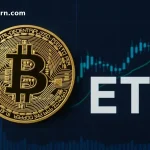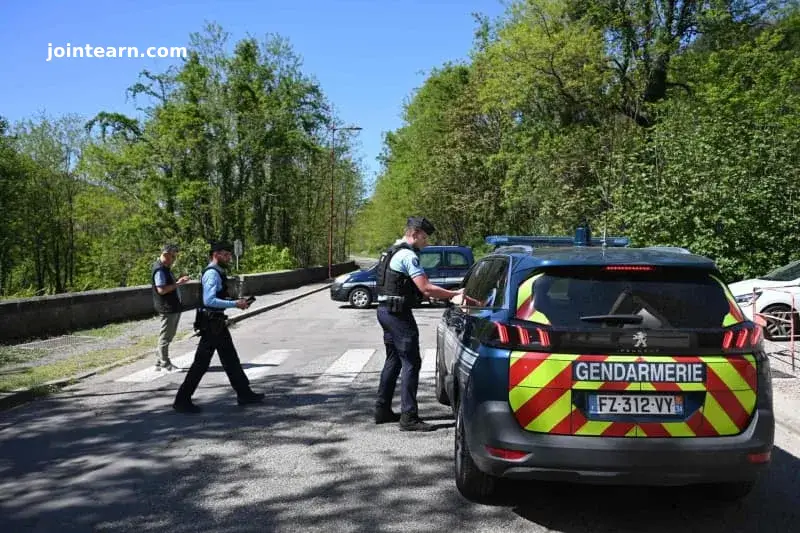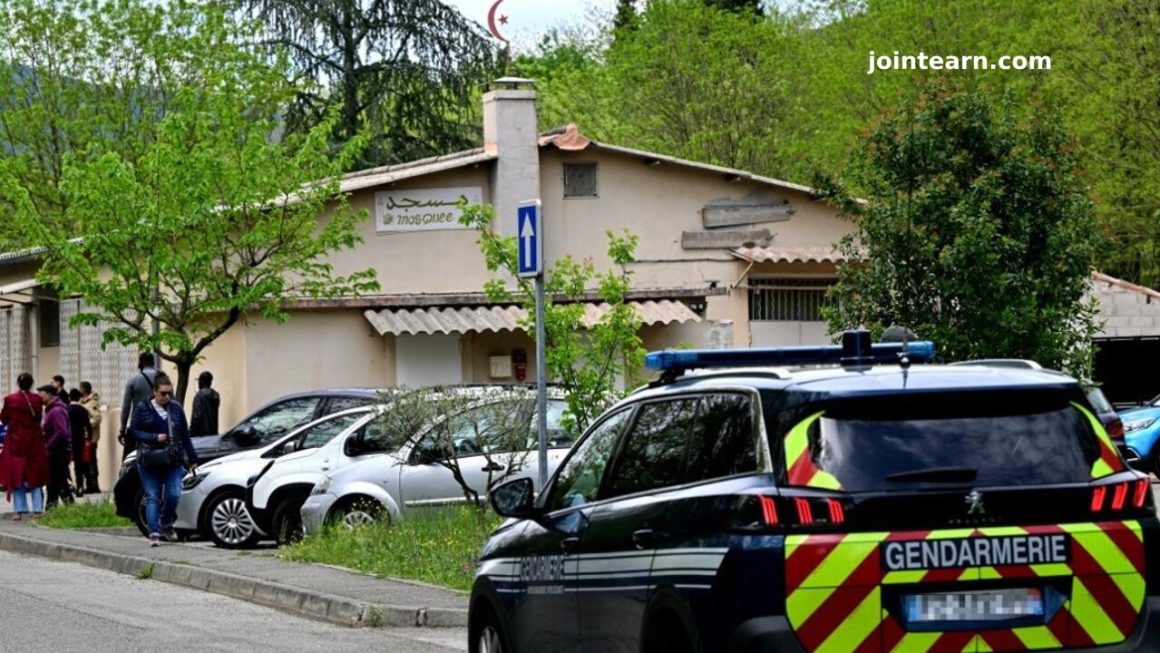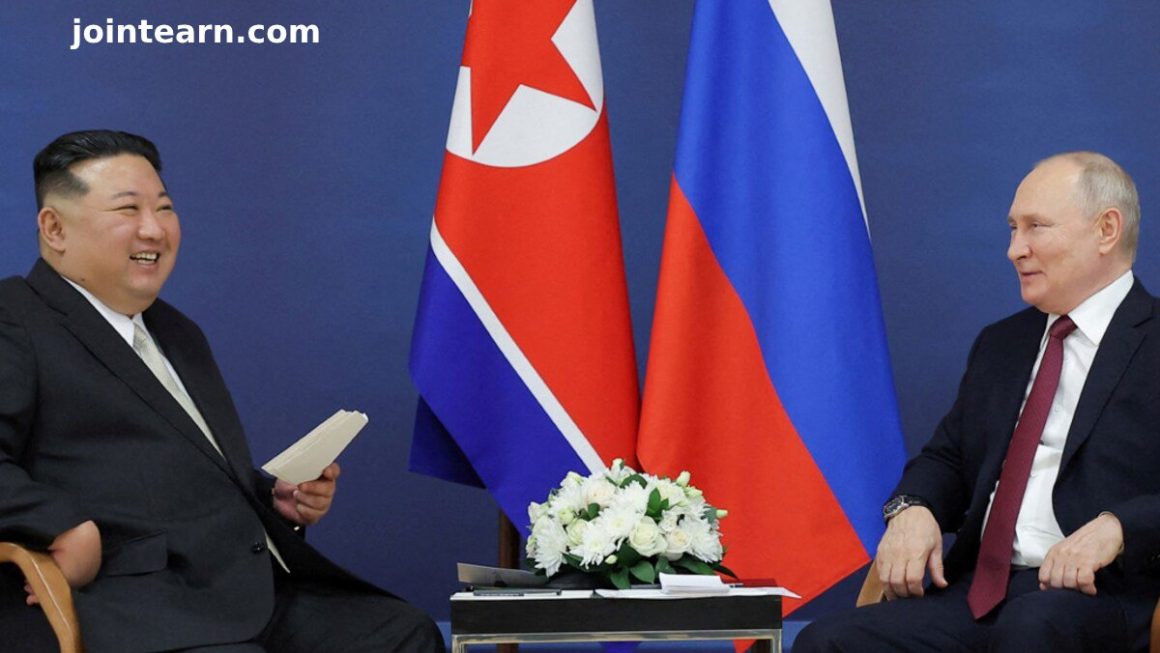Iran Edges Closer to Nuclear Capability as Diplomacy Hangs in the Balance
Iran is closer than ever to developing a nuclear weapon, marking a critical juncture for global security. As the 2015 nuclear agreement approaches expiration, China is stepping in to facilitate high-stakes negotiations with Iran and Russia in a bid to prevent further escalation.
The Urgency of Diplomacy
Dr. Sanam Vakil of Chatham House describes this moment as a “real fork in the road,” warning that without successful diplomacy, Iran could either weaponize its nuclear program or face potential military action.
The original deal, negotiated under President Barack Obama, restricted Iran’s nuclear activities in exchange for sanctions relief. However, after President Donald Trump withdrew from the agreement in 2018 and reinstated economic sanctions, Iran gradually ceased compliance, enriching uranium to near weapons-grade levels.
Iran’s Nuclear Capabilities Raise Alarm
According to experts, Iran could enrich enough uranium for a nuclear bomb in less than a week, raising urgent concerns among global powers. The UN Security Council recently held a closed-door meeting to discuss Iran’s nuclear advancements, while the International Atomic Energy Agency (IAEA) has warned that Iran’s stockpile of highly enriched uranium is growing rapidly.
IAEA Director General Rafael Grossi stressed that diplomatic engagement with Iran is “indispensable” as monitoring efforts are hindered by Iran’s removal of surveillance equipment.
China’s Role in Resolving the Crisis
In an attempt to de-escalate tensions, China is hosting key nuclear talks with Iran and Russia. Chinese Foreign Ministry spokesperson Mao Ning urged all parties to “maintain calm and restraint” to prevent further confrontation.
Meanwhile, President Trump has reportedly sent a letter to Tehran via the United Arab Emirates, though its contents remain undisclosed. Last week, he issued a televised ultimatum warning Iran to negotiate or face severe consequences.
Iran’s Internal Divisions and the Global Response
Iranian Supreme Leader Ayatollah Ali Khamenei has rejected negotiations with the U.S., labeling them as a form of “bullying.” However, political divisions within Iran persist, with some factions supporting renewed diplomatic efforts and others advocating for nuclear weaponization as a security strategy.
Western powers, including the UK, France, and Germany, are considering invoking snapback sanctions against Iran before their authority to do so expires on October 18.
Dr. Alexander Bollfrass of the International Institute for Strategic Studies warns that while Iran is closer than ever to nuclear capability, it remains unclear whether it intends to develop nuclear weapons or leverage its progress for negotiation power.
Global Stakes at an All-Time High
With military tensions rising and diplomatic options narrowing, the outcome of these talks in China could shape the future of nuclear security in the Middle East and beyond. If Iran moves forward with nuclear weaponization, the geopolitical consequences could be severe, with potential military interventions looming on the horizon.
As the world watches closely, the question remains: will diplomacy prevail, or is a new crisis inevitable?












